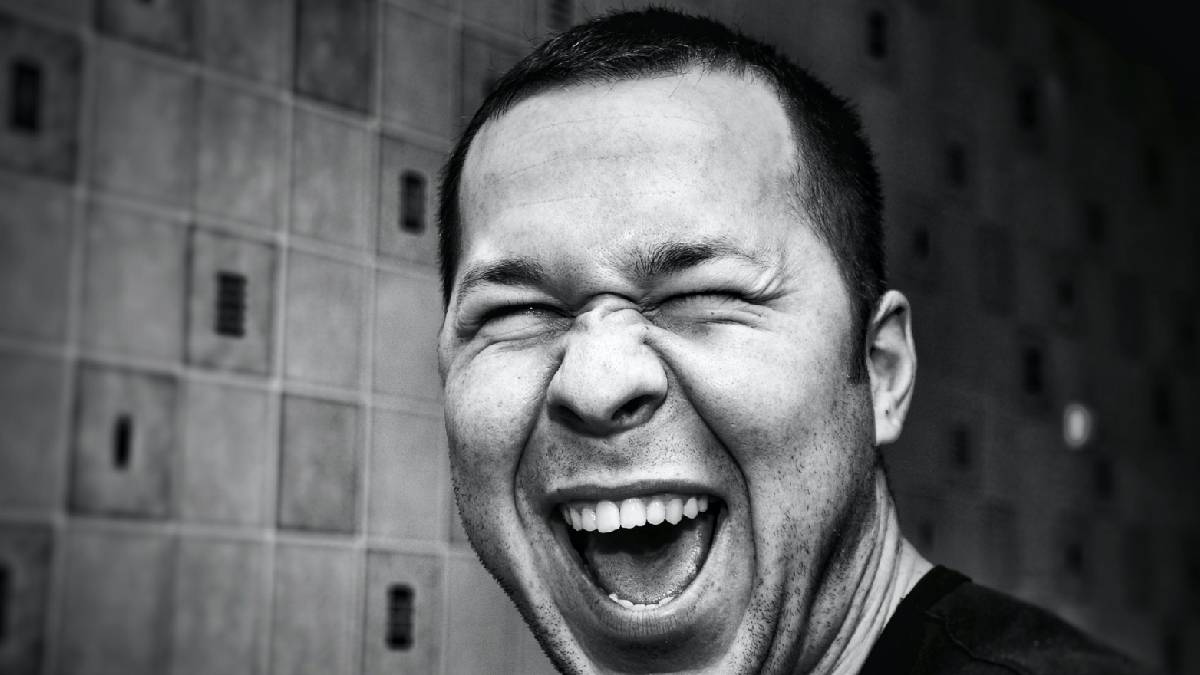
A Psychologist Explains How Humor Can Be A Double-Edged Sword
Humor is far more complex than people think, especially when it comes from a ‘dark personality.'

By Mark Travers, Ph.D. | July 1, 2022
A new study published in Personality and Individual Differences explains how different people with dark personality traits (narcissism, Machiavellianism, and psychopathy) gravitate towards different styles of humor. The paper suggests that their preferred style of humor helps them fulfill specific motives which may not always be noble or prosocial.
"Fyodor Dostoevsky used to say that 'One can know a man from his laugh'," explains psychologist Alberto Dionigi, lead author of the paper. "This aphorism points out how humor can be fundamental to understanding the psychic structure of an individual."
According to Dionigi, humor is a complex and multidimensional construct that combines several aspects, such as behavioral habits, abilities and competencies, personality traits, coping strategies, and character strengths.
Dionigi and his team based their study on a pair of questionnaires. One investigated participant demographics and personality and the other investigated eight categories of humor, classified in terms of:
- Lighter styles of humor, such as fun, humor, nonsense, and wit. These are referred to as positive styles of humor related to benign and social affect, behaviors, cognitions, and goals.
- Darker styles of humor, such as irony, satire, sarcasm, and cynicism. These are referred to as negative styles of humor that are mostly based on mockery and ridicule and are positively correlated with poor well-being and tenuous relationships.
The study found that:
- Machiavellianism was the best predictor of irony and was not related to the other comic styles.
- Narcissism correlated significantly with lighter styles of humor – specifically, wit.
- Psychopathy showed the strongest positive correlations with the mockery styles (satire, sarcasm, and cynicism).
Therefore, when it comes to dark personalities, the results of Dionigi's study suggest that:
- Machiavellians, being unscrupulous and intimidating, may use humor as a means of manipulating others.
- Psychopaths may use malicious humor to lower others' statuses and not consider others' feelings, as they are characterized by deficits in emotional function and antisocial behavior.
- Narcissistic people tend to use more positive humor probably target="_blank"as a way to positively improve their own reputations when interacting with others.
Dionigi warns that humor can be a double-edged sword:
"If a person tells a joke and it is not understood by the recipient, the humor does not exist," he explains. "Moreover, certain people with a specific diagnosis may not be aware of how their humor influences (negatively) their relationships. They can be sarcastic and cynical without understanding that this humor is detrimental to their relationships."
For this reason, he believes that shedding light on the different ways people express humor may be beneficial to better recognize what is positive or not for one's purposes.
In fact, he mentions that, during therapy, identifying what patients find funny can be useful for understanding the psychological functioning of the patient.
"I hope that this research may help to better understand how humor is a very complex phenomenon and distinct components of humor may exhibit quite different relationships with psychological well-being and satisfaction with life. Some are facilitative while others are detrimental," he concludes.
A full interview with Alberto Dionigi can be found here: How a dark personality uses humor
